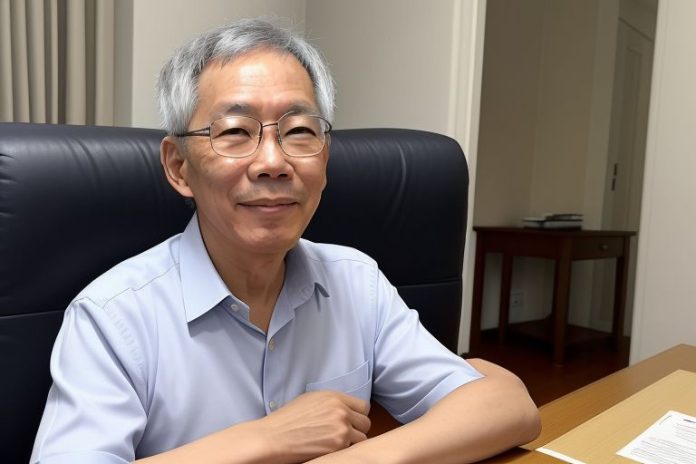An interesting announcement that has emerged recently is that Lee Hsien Yang – the brother of former Singapore Prime Minister Lee Hsien Loong – has been granted political asylum in the United Kingdom. The 67-year-old posted that he resigned from his political post, declaring himself as a ‘political refugee’, and claimed to have a well-founded fear of persecution in his home country.
The refugee status application, which Lee said he made in 2022, was granted by the UK Government in August this year. This development intensifies a new aspect of the family feud that has preoccupied Singapore and the outside world for some time now. The subject of controversy is the preservation of the family’s house, which was once owned by Singapore’s first prime minister, Lee Kuan Yew.
Lee Hsien Yang, a former chief executive of Singapore Telecommunications, left for Europe in voluntary exile in May 2022. His retirement from social circle activities was after a police decision in a case with him and his wife over the management of his late father’s will. Asylum provision enables Lee to stay in the UK for the next five years, as the Home Office confirmed in a letter released to the public.
The family strife resurfaced in recent years after the death of Lee’s sister, Lee Wei Ling, who lived in the colonial house at 38 Oxley Road in Singapore’s luxury shopping belt. Lee Hsien Yang has not attended the funeral of his sister, nor is he allowed to demolish the house, yet he is trying to get permission from the authorities to demolish the house and to build a simple private house which, he has said, his parents wanted to build.
When asked and when more follow-up questions arose as to the asylum status of Lee Hsien Yang and his wife, Suet Fern, the Singapore government responded through a 12-page document saying “there are no legal impediments to Mr. Lee Hsien Yang and Mrs. Lee Suet Fern to travel back to Singapore. They are assured they have always been free to return.” This statement is quite the opposite of what Lee has said of being persecuted in his home country.
The origin of the family sibling rivalry was when Lee Hsien Yang and his sister accused his elder brother, Lee Hsien Loong. They said that the former prime minister, who resigned in May after being in power for 22 years, had tried to prevent their father’s orders concerning the destruction of the house. This was highlighted by the establishment of a ministerial committee in 2018 to tackle options concerning the property.
It can be seen that Lee Hsien Yang’s seeking political asylum in the UK is the current high point of the family’s spat. It also comes as a surprise because Singapore is among the most politically stable nations in the world, and it operates strictly. The new international imperative created by the UK’s decision to grant asylum may thus influence the bilateral relations between the two countries.
As this story unfolds, it is expected to draw even more global interest and attention from human rights organizations. This case combines family drama and politics, the power struggle and Singaporean foreign policy and political climate, as well as its relations with other countries, especially in the West.

